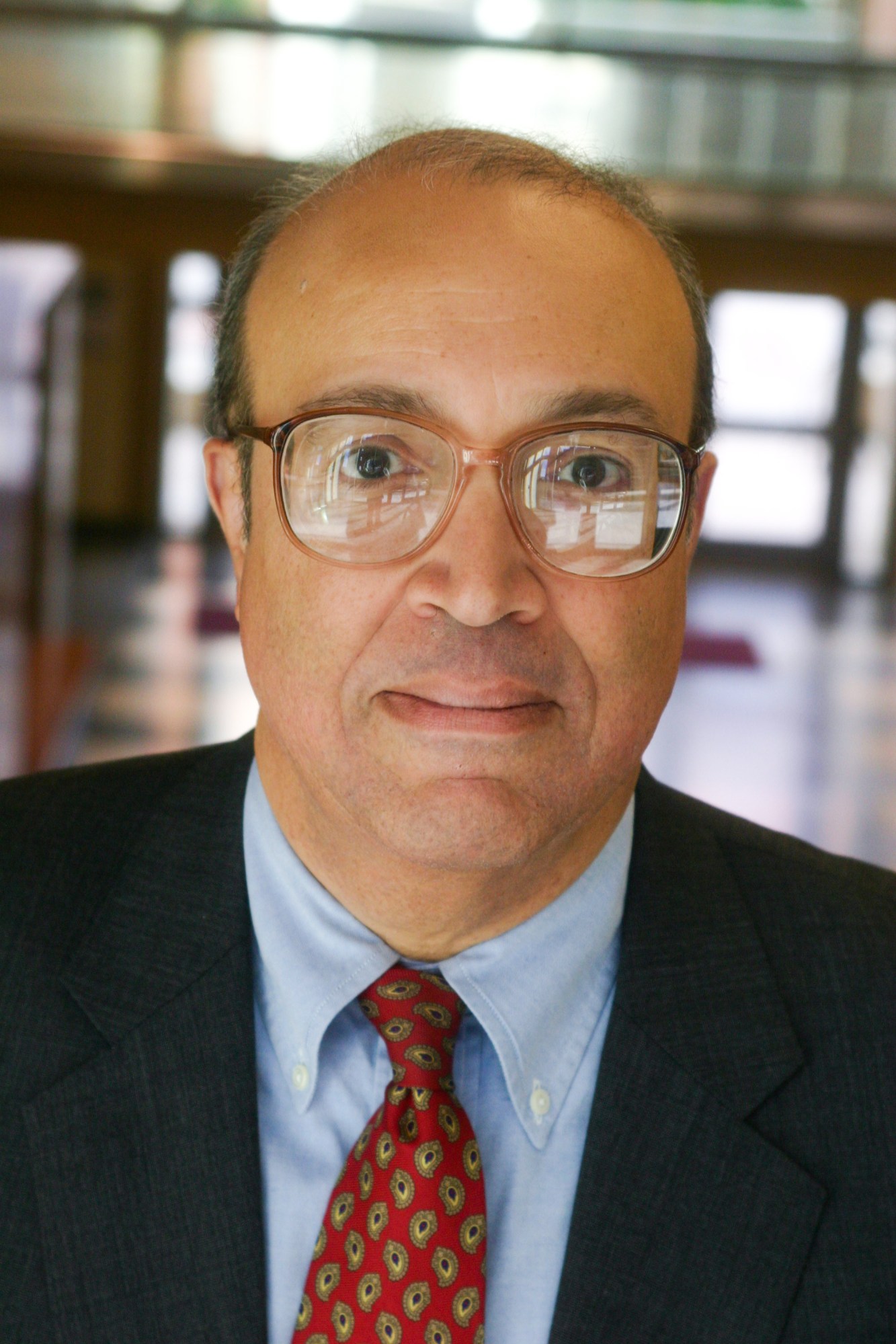A storied career from Cronkite to election security
Adam Clayton Powell III ’67
Adam Clayton Powell III ’67 started working on election security in 2015, when a discussion of mobile phones and the Internet of Things brought to light the complexity and importance of protecting information in a system where everything is connected to the web.
“This is not just engineering and communications. This is also public policy, this is also business, this is also law,” says Powell, a senior fellow of the University of Southern California (USC) Annenberg Center on Communication Leadership and Policy and executive director of the USC Election Cybersecurity Initiative.
Powell had retired as USC’s vice provost for globalization in 2010 but was working in the Washington, DC, office of the university’s Annenberg School for Communication and Journalism to lead discussions on various tech-related topics. When the idea of securing election infrastructure came up, he organized a task force to address the issue.
This story is only available to subscribers.
Don’t settle for half the story.
Get paywall-free access to technology news for the here and now.
Subscribe now
Already a subscriber?
Sign in
“This was 2015. So in 2016, when the Democratic National Committee emails were hacked and released, we had a multidisciplinary team already in place starting to work,” he says.
The task force held what turned out to be popular sessions on how to secure internet-connected systems, and those led to the development of workshops in partnership with the National Governors Association to help states prepare their election security protocols. The project has since expanded globally, with sessions held in such countries as Greece, South Africa, and Taiwan.
“If you have the election director of a rural county in Kentucky going up against the best cyberattack experts from Saint Petersburg, Russia, that’s a really asymmetrical contest,” says Powell. “We’re trying to give them just enough skills so they can put up that first wall or two of defense.”
Powell began his career in public communication at MIT’s WMBR (then WTBS), doing the six o’clock news program on Tuesdays. Journalism solidified as a career for him in March of 1964, when Professor Norbert Wiener, known as the father of cybernetics, died unexpectedly in Europe. Through some intrepid reporting, Powell reached the president of MIT on his home phone and recorded his comments on Wiener’s legacy.
“No one else had that,” says Powell. “The Associated Press wanted it, the Boston Globe wanted it, NBC wanted it. The next day they made me news director of WTBS.” As news director, Powell also hosted a midnight news broadcast five nights a week.
Having caught the journalism bug, Powell turned a day of shadowing a family friend, the legendary reporter Mike Wallace, into a recurring summer internship at CBS, which led to one of his most meaningful professional relationships.
“In 1966, I happened to be in the newsroom when the longtime president of CBS News, Richard Salant, walked through and looked at me and said, ‘You’re the kid who goes to MIT, right? You must know about the space program.’ I said, ‘Well, I’m not an aero/astro major, but I do know something about it.” And he said, “Good. Cronkite needs another writer. Catch the next plane to Florida,’” recalls Powell. “And I worked with Walter Cronkite on and off from that day in 1966 until he retired from CBS News in 1981.”
After 16 years at CBS News and CBS-owned television and radio stations in New York, Powell served as vice president for news and information programming at National Public Radio before transitioning to an academic career at USC. But he’ll always be grateful for the years he spent writing for “the most trusted man in America.”
“Talk about being in the right place at the right time,” says Powell. “But in this case, also with the right background from MIT, and I wound up at the age of 19 writing for Walter Cronkite.”
Decades later, Powell hopes he’s once again in the right place at the right time as he works to help ensure the ongoing security of elections in the digital age.
